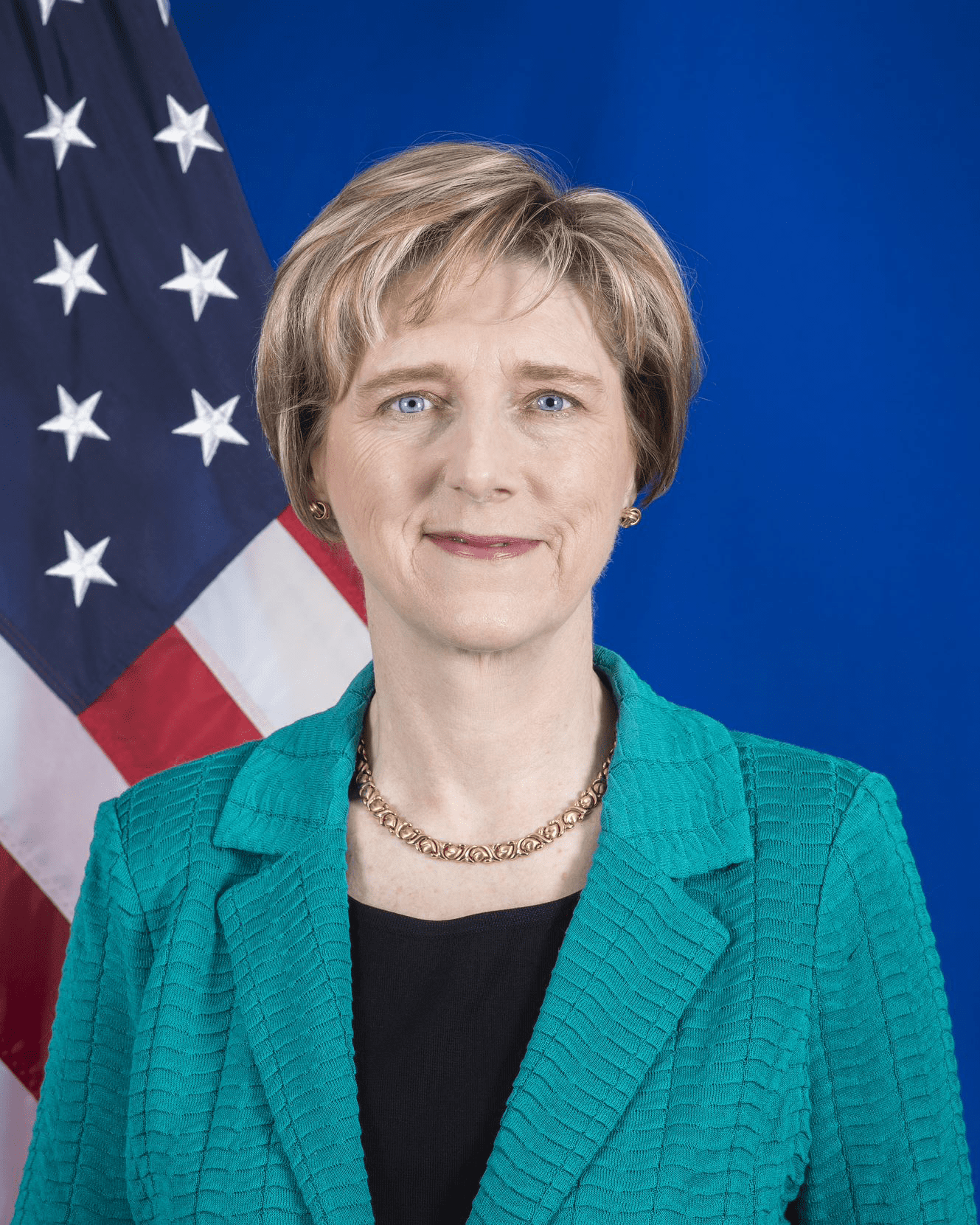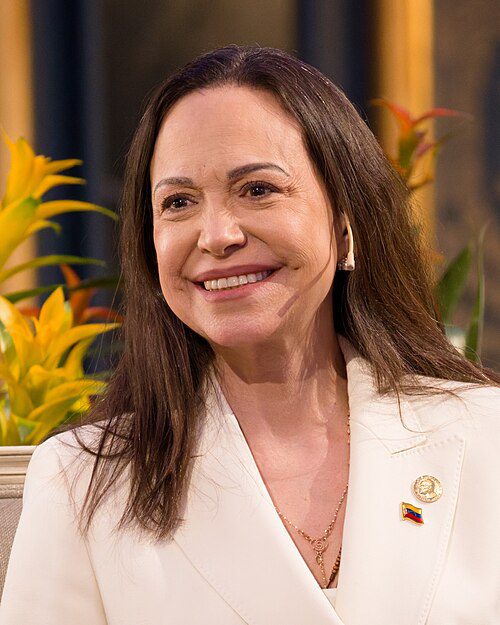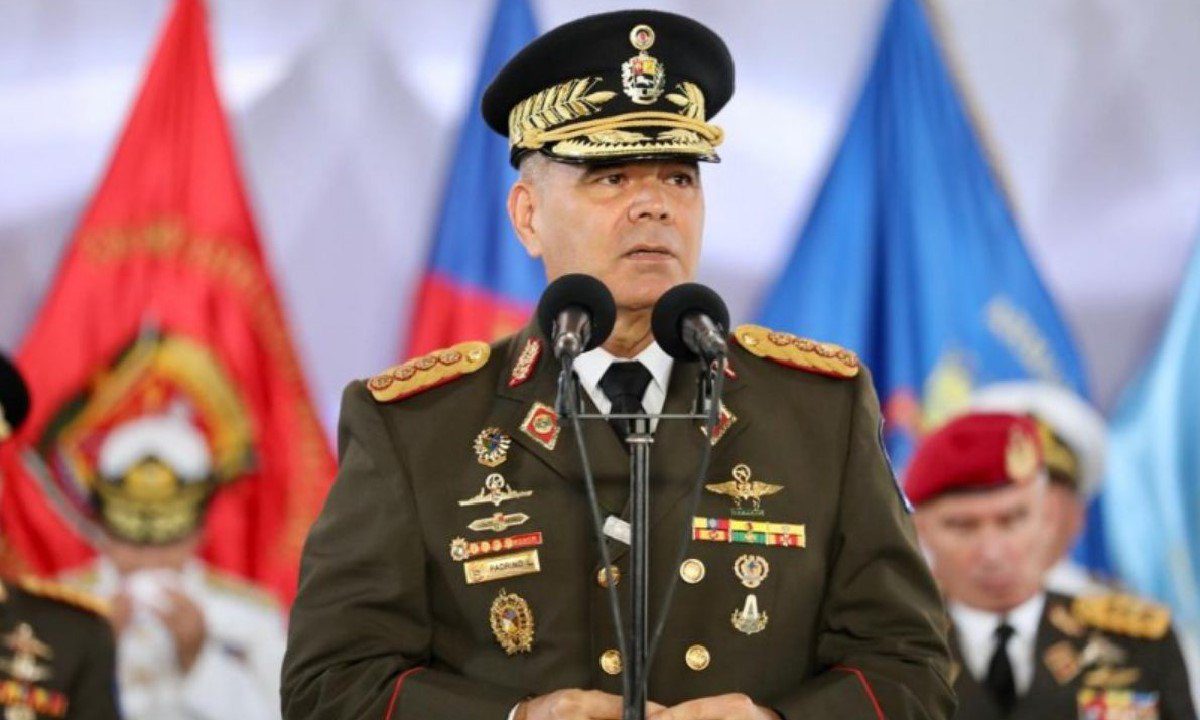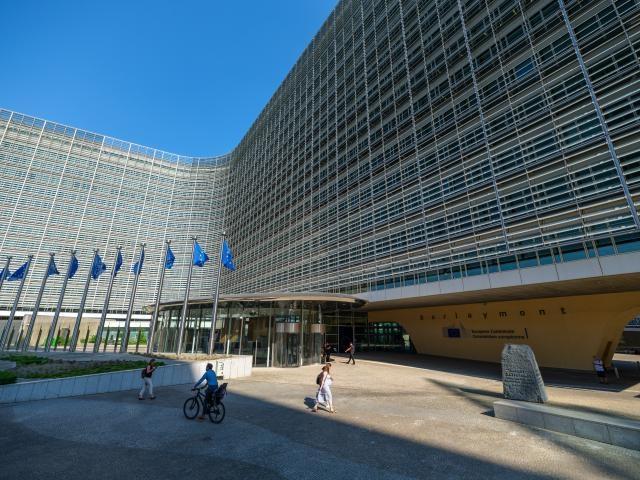The National Electoral Council of Ecuador presents the results of the presidential election held on April 13, 2025. Photo: CNE (Ecuador).
Guacamaya, April 14, 2025. With a 12% lead and over 94% of votes counted, Daniel Noboa has declared victory in the presidential runoff. His rival, Luisa González, has denounced “grotesque fraud” and demanded a recount, amid a climate of polarization that transcends borders and ties into the geopolitical rivalry between the U.S. and China.
A Victory Endorsed by the OAS but Challenged by His Opponent
Businessman Daniel Noboa, who has served as Ecuador’s president since November 2023, secured his re-election on Sunday with a campaign centered on “firmness against organized crime”—the top concern in a country where homicides have quintupled in four years. However, his victory was rejected by Correísta candidate Luisa González, who, before thousands of supporters in Quito, labeled the process a “grotesque electoral fraud” and called for audits.
The National Electoral Council (CNE) declared an “irreversible trend” in favor of Noboa, a result backed by the OAS Observation Mission, which pledged to review any challenges. The tension contrasts with the calm reported during election day, despite Noboa’s last-minute state of emergency decree in seven provinces and the capital, justified as a measure against criminal gangs.
International Reactions: Between Recognition and Condemnation
U.S. Secretary of State Marco Rubio congratulated Daniel Noboa, while Paraguay and Chile promptly recognized his victory. Meanwhile, the ALBA-TCP bloc (led by Venezuela and Cuba) denounced the election as a “premeditated fraud,” criticizing the state of emergency as a tool of “intimidation” and government advantage. The Ecuadorian Episcopal Conference, for its part, urged restraint and respect for the results. The OAS Mission validated Noboa’s win but committed to hearing González’s complaints.
The vote count reflects deepening political divisions in Latin America: governments aligned with Washington endorsed the process, while ALBA and the Puebla Group—echoing parts of the regional left—questioned its legitimacy. Statements from Brazil, Colombia, and Mexico are still pending.
Security and Geopolitics: Noboa’s Plan for Foreign Military Bases
Beyond the electoral dispute, Noboa has long pushed to reform Article 5 of Ecuador’s Constitution—which has banned foreign military bases since 2008—citing the security crisis, declared an “internal armed conflict” in January 2024. The president argues that combating drug trafficking requires an “international response,” including military cooperation with the U.S.
This could signal a major geopolitical shift. Ecuador, with its Pacific access and proximity to key trade routes, once hosted the U.S. base in Manta until 2009. Its potential reopening would fit into the global competition between Washington and Beijing, the latter having expanded its influence in Ecuador through energy, infrastructure, and tech investments.
Allowing foreign bases would turn Ecuador into a U.S. intelligence and military hub, countering China’s regional presence. Comparisons to Panama (with its interoceanic canal) and Peru (a U.S. security ally) reinforce this view—Panama, too, has pursued canal militarization strategies.
From Surprise to Runoff: An Unpredictable Campaign
The election capped an unusual cycle. In the first round, Noboa and González tied at 44%, defying predictions of a government victory. During the runoff campaign, the leftist leader gained key endorsements from Pachakutik (the Indigenous movement) and Jan Topic, a right-wing candidate disqualified before the vote.
But Noboa, 36, managed to rebound. His focus on security—including the controversial state of emergency—and his rival’s association with Correísmo tipped the scales. Now, his biggest challenge will be stabilizing a country where 80% of citizens fear violent crime, all while navigating geopolitical pressures that could redefine Ecuador’s global role.
This election is not just a gauge of Ecuador’s ideological struggle—it mirrors how great-power rivalries intertwine with domestic crises in Latin America. Noboa’s leadership, balancing bullets and diplomacy after storming Mexico’s embassy to arrest former Vice President Jorge Glas, may mark a regional turning point in the geopolitical contest.







